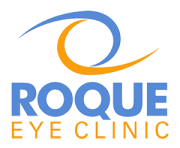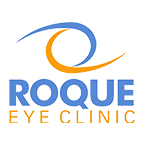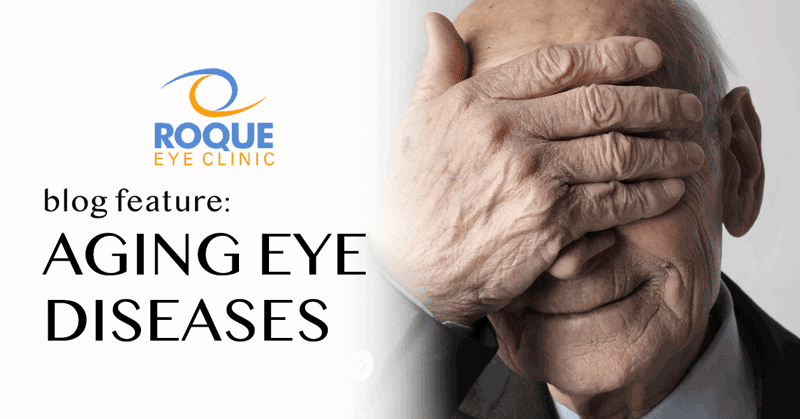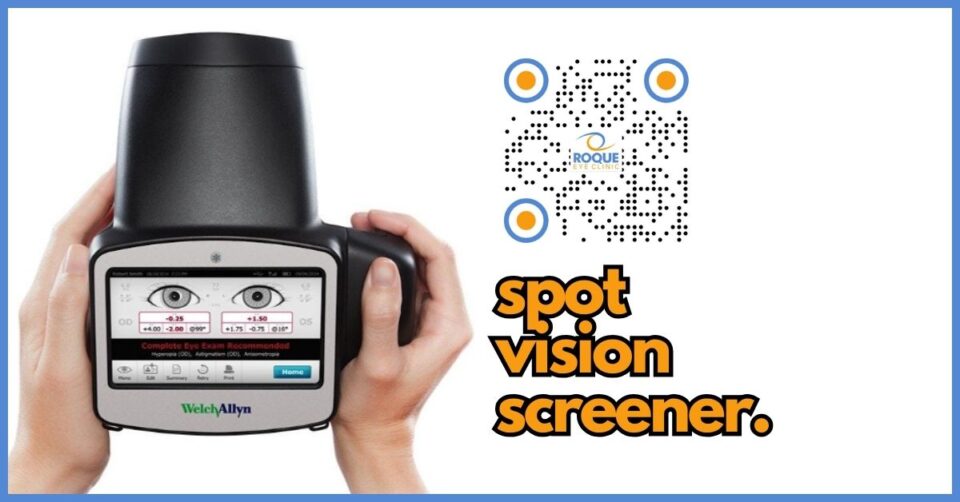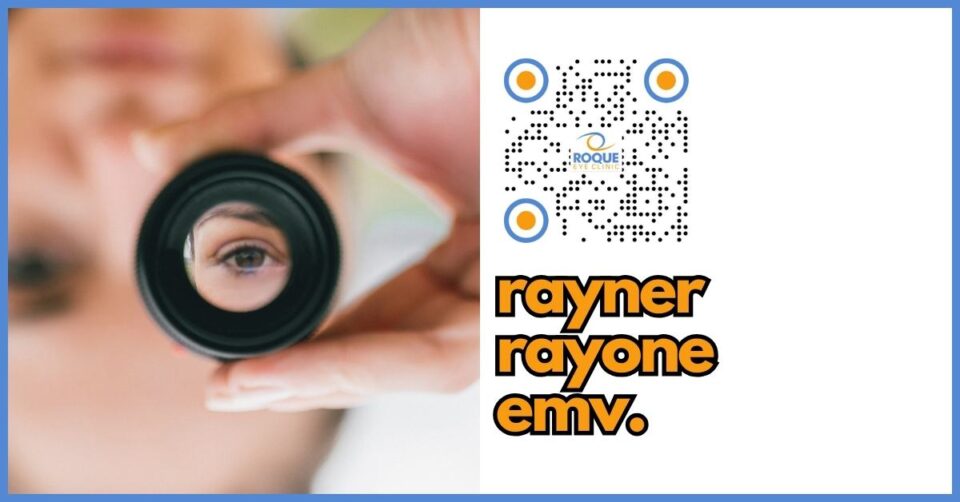Aging Eye Diseases
Eye disorders are becoming more common with aging. As our aging population grows bigger, awareness of these conditions is extremely important to prevent life altering significant visual loss.
Recent advances in ophthalmology have helped in preventing or correcting eye problems. With early detection and treatment it is still possible for people to maintain good vision as they grow older.
Videos | Aging Eye Diseases
Aging Eye Diseases
Do your eyes feel irritated or like something is in them? Are you experiencing redness, burning, excessive tearing, or occasional blurry vision? You may have dry eye, a common condition where your eyes do not produce enough tears. Sometimes, the only symptom of dry eye is recurring blurred vision.Because there are many possible causes of dry eye, we gather a patient health history to better understand your risk. For example, common medications such as diuretics or antihistamines increase dry eye risk. You are also more likely to have dry eye if you wear contact lenses, recently had LASIK eye surgery, or use two or more glaucoma eye drops. Quite often, thyroid dysfunction and the hormonal changes associated with menopause can cause dry eye. In addition, your work environment can also affect your eye health - for example, people who use a computer all day long are more susceptible to dry eye.If we determine that you are at risk for dry eye, based on your symptoms and risk factors, we can perform state of the art tests to evaluate and understand the underlying reasons for your dry eye. We will work with you to identify the best treatment plan for your unique needs. Think you might have dry eye? Talk to us today about how we can help you find relief.
Nothing is more precious than our eye sight. Our eyes allow us to enjoy the beauty of the world around us. So much of what we learn, what we experience, and what we enjoy comes to us through our eyes. As you look at the world around you think of how valuable your vision is. Now, think how your world would be if you were losing your eye sight to a silent disease such as Glaucoma. Glaucoma is a group of eye diseases that gradually steals sight without warning and often without symptoms. Every year millions of people around the world develop glaucoma and each day without treatment can bring them one step closer to blindness.
Cataracts are a leading cause of vision loss for people all around the world. While cataracts are a natural part of the aging process, they do not have to interfere with your lifestyle. A cataract is a clouding of the crystalline lens inside your eye. This lens is one of the key structures for focusing light at the back of your eye, where nerves send signals to your brain and you see an image. When the lens of your eye is clear and unclouded, it allows light to pass through. As your lens naturally clouds with age, it blocks some light from coming through. This causes vision to become yellowed and blurry, almost like looking through an amber filter or dirty glasses. This makes it difficult to see, especially at night, as glare around lights is a common symptom of cataracts. Because a cataract worsens over time, it can eventually keep you from fully enjoying the activities you love. Like most things related to aging, cataracts develop more slowly based on genetics and lifestyle choices, such as managing your stress level and making healthy dietary choices. Treating a cataract can open up a whole new world of possibilities when it comes to your vision. Talk to your doctor today about cataract surgery, which can help ensure your vision keeps up with your lifestyle.
Age related macular degeneration also known as AMD, is the deterioration of the center of the retina called the macula. The macula is the part of the retina which is responsible for our central vision, and our ability to see color and fine detail when looking directly at an object. Age related macular degeneration or AMD is the most common cause of vision loss in people over the age of 55. In the early stages of AMD there is little or no vision loss. As the disease advances, images can become blurred or distorted, or a dark or empty area can appear in the center of the vision. AMD does not cause total blindness, because side vision is not affected. There is some good news related to macular degeneration. With regular check-ups, early diagnosis and new treatment options, doctors are now able to maintain visual acuity in most patients and improve vision in a significant number of patients suffering from this condition.
Anyone with diabetes is at risk of developing Diabetic Retinopathy. In its early stages, there may be little or no visual symptoms. Without early detection and treatment, Diabetic Retinopathy can permanently damage the retina. If the condition is not caught early, it may produce symptoms that affect vision. These include mild blurriness in near, or distance vision, floaters and even the sudden loss of vision. If left untreated, it can cause severe vision loss, and even blindness. Eye surgeons cannot reverse the damage caused by Diabetic Retinopathy, but if caught in time, modern treatment options may help slow its progression, and prevent further vision loss. It is critical for patients with diabetes to be examined on a regular basis, even if they have not yet noticed any symptoms. If a patient experiences any significant change in their vision, they should contact their doctor for an immediate appointment, even if they recently had an examination.
